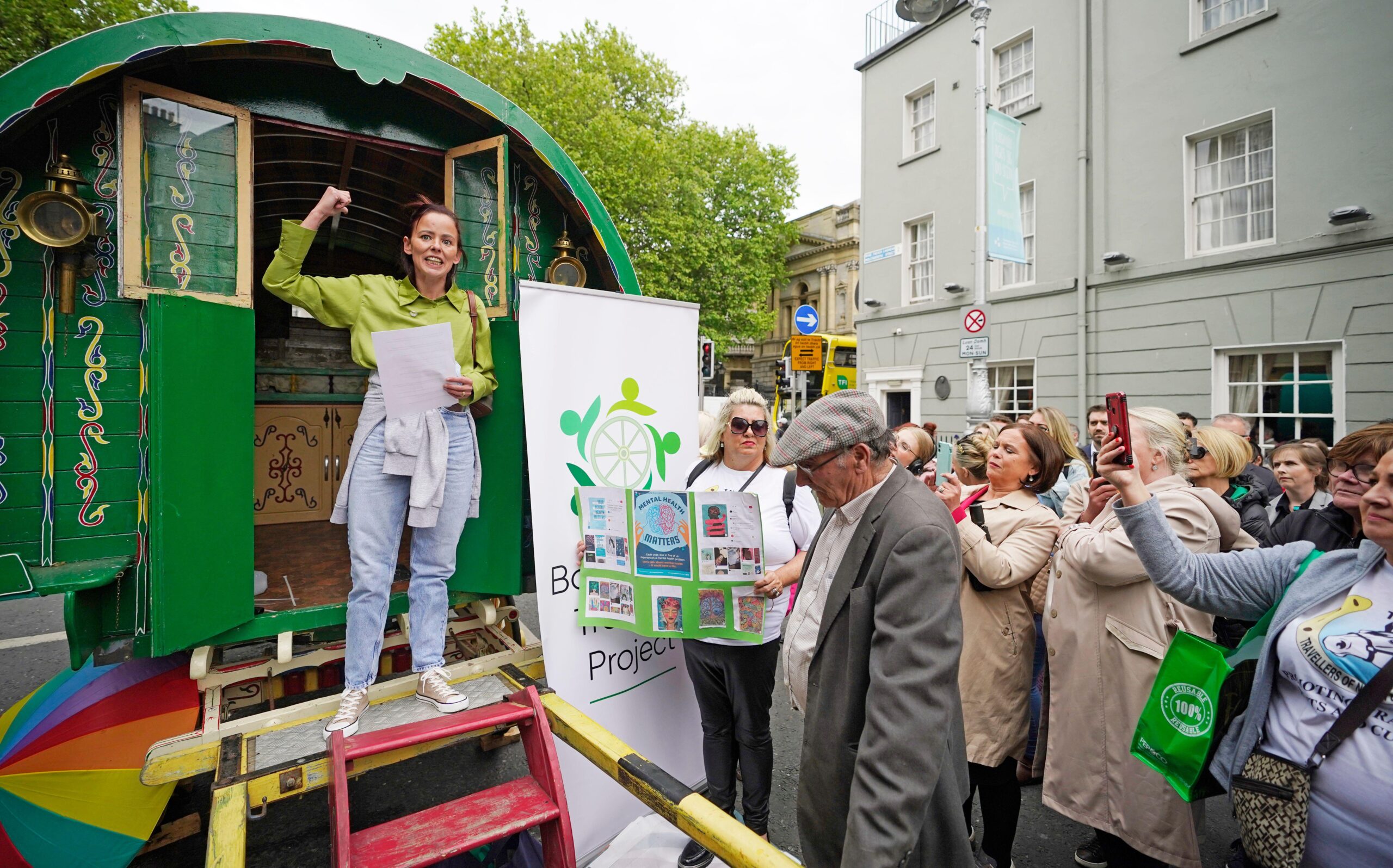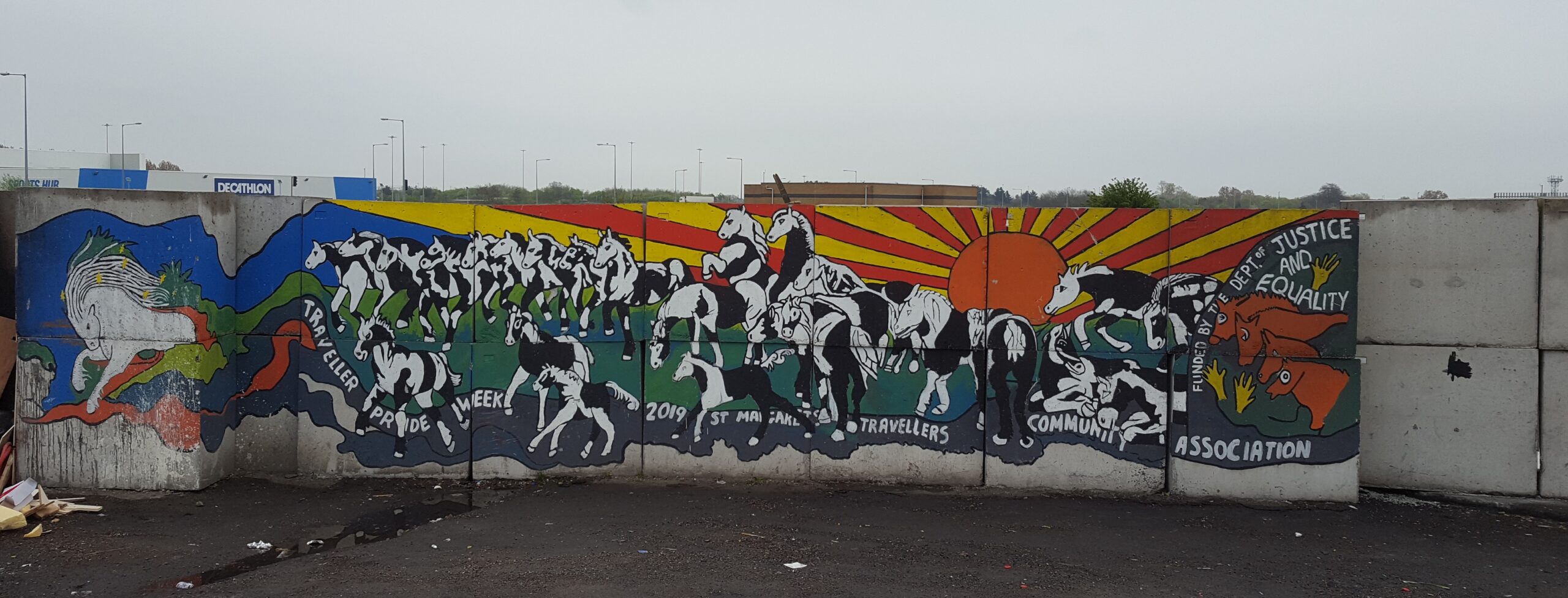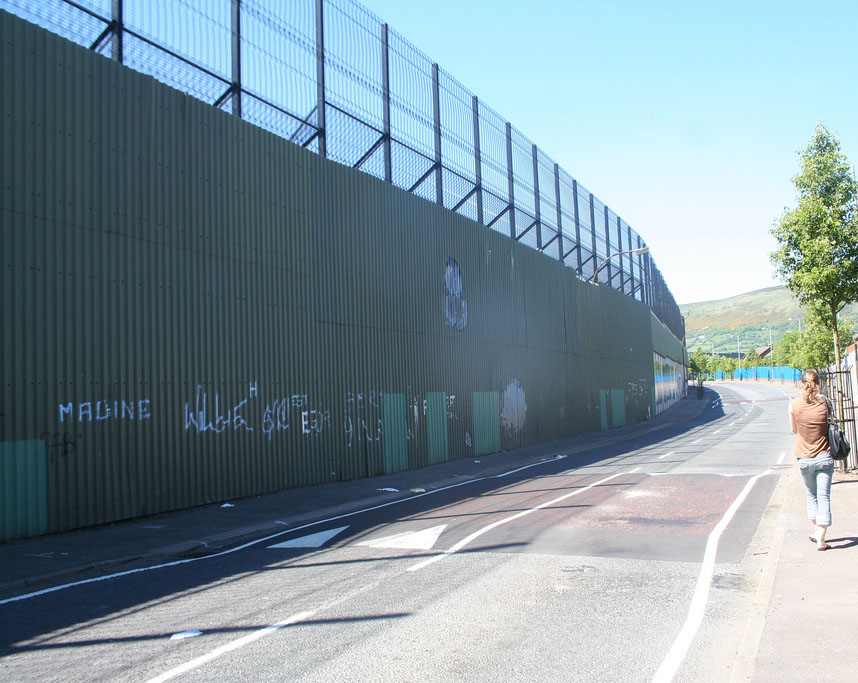
Where Is My Mind: Traveller Accommodation and Mental Health
Many Travellers continue to live on sites such as the ones described above, motivated by a deep cultural yearning for proximity to kin, and for some it is preferable than to be placed in a house, in a hostile housing estate, many miles from anyone who knows them, cares for them or will support them. The family, including respect for the older generations and the celebration of marriage and children, is at the heart of Traveller culture. The importance of these values cannot be overstated, and in a context where Travellers find themselves excluded from mainstream services that the settled community take for granted, the safety of the family unit becomes ever more important.










